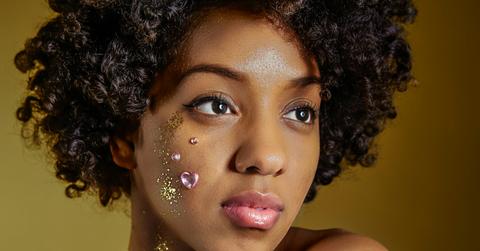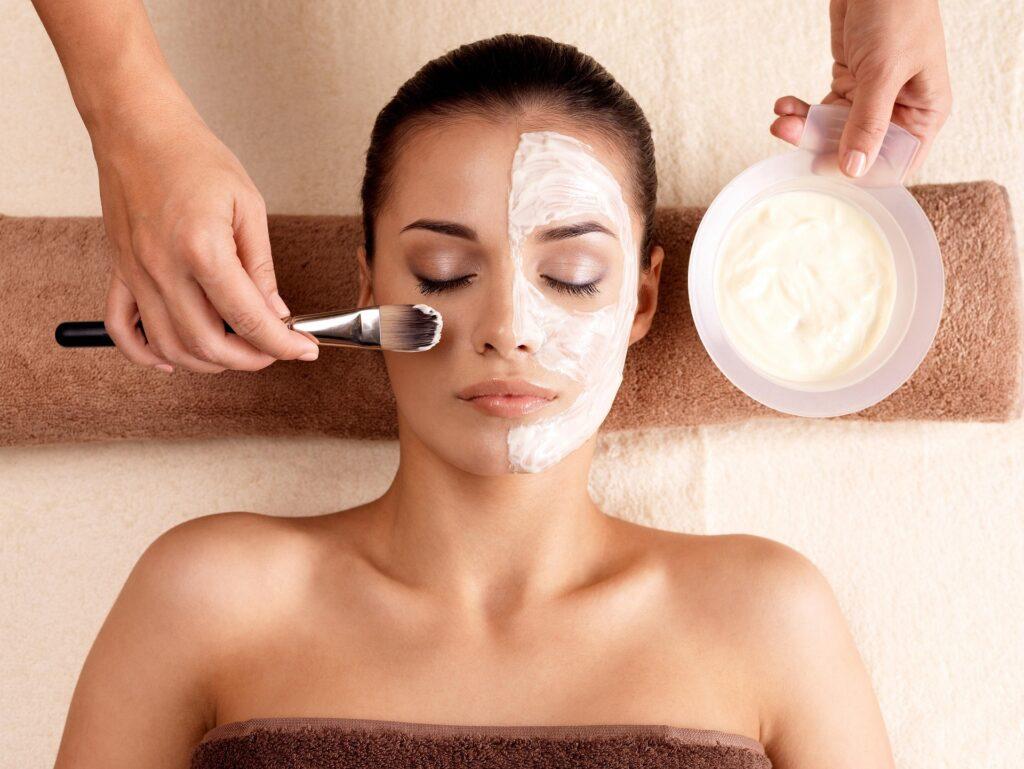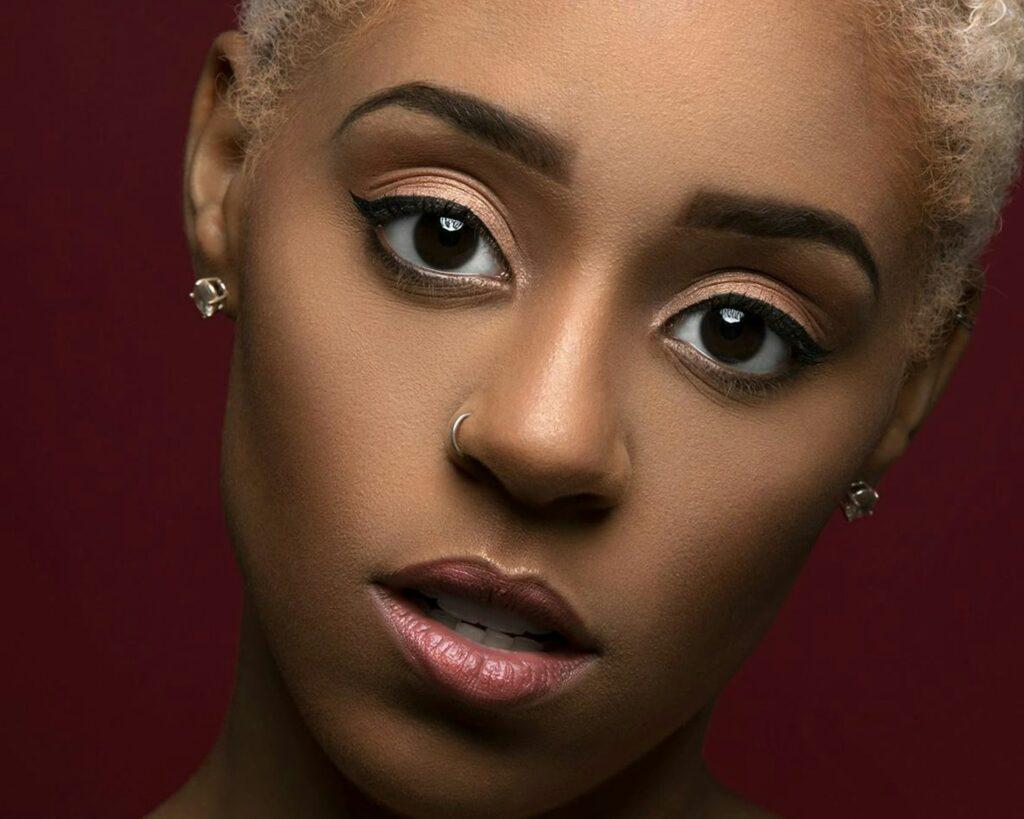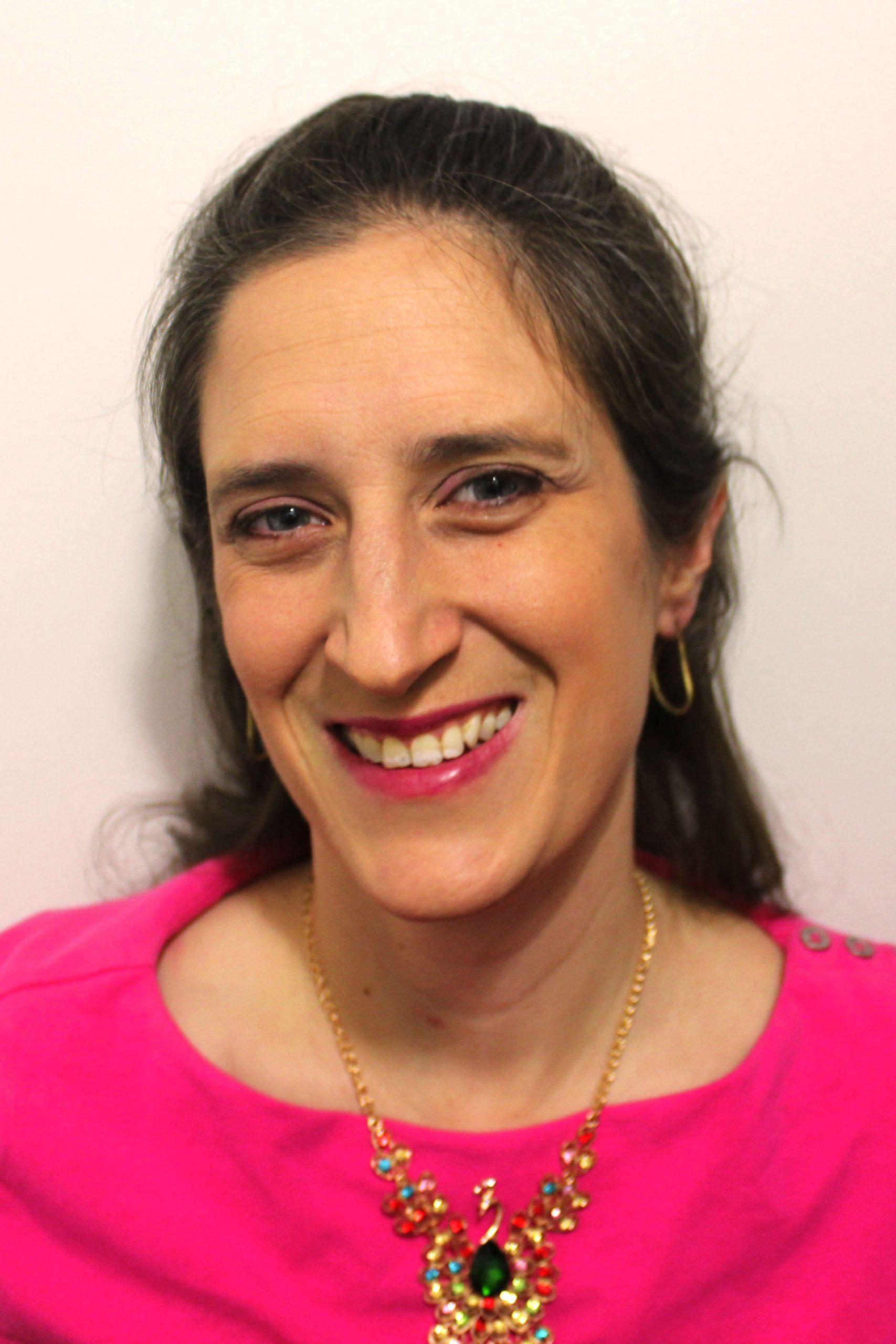BIPOC-Owned Beauty Brands: Thriving In A Post-DEI Retail Landscape

Unless you’ve managed to avoid all online chatter, you’ve heard about the dramatic rollbacks in DEI policies from major retailers in the country in the last two months. The undoing of previous legal requirements for diversity, equity and inclusion instantly resulted in many layoffs from big brands like Meta, Bank of America, Tesla and Wayfair. Now, many people of color, LGBTQIA+ folks and women are scrambling to find work, while consumers are looking for diversity in their retailers.
However, there’s some good news: Numerous consumers disagree with these policy changes and have begun boycotting the companies. They’re also looking for BIPOC-owned brands to support. Many of these brands will continue to thrive in this post-DEI landscape.
What Is This Post-DEI Landscape?
Since President Donald Trump signed the executive order on Inauguration Day 2025 with the intent to “cut radical and wasteful” DEI programs, many Fortune 500 companies, particularly those who have supported Trump’s policies, have pulled back on their DEI policies.
The previous policies ensured companies like Walmart and Amazon maintained employment for those underrepresented in various industry sectors. Now, the rollbacks mean that these corporations can revert to inequity.
Beauty Industry Challenges In A Post-DEI Landscape
Beauty brands in the past few decades have found more footing in equitable places through providing products designed by and for people of color, women and other groups not matching beauty industry standards. Sixty years ago, you likely wouldn’t have spotted hair products for natural hair for people of varying ethnic backgrounds.
BIPOC beauty brand founders have fought long and hard to bring equity to the beauty industry into reality. In this new post-DEI landscape, many brands are facing serious challenges they’d expected not to face again.
Major Retailers Who Have Changed Their DEI Practices
Dozens of major retailer brands have rolled back their DEI policies. Some have done so openly, like Meta and Tesla, while others have been quieter about their policy changes.
- Amazon
- McDonald’s
- Walmart
- Ford
- Lowe’s
- Harley-Davidson
- John Deere
- Tractor Supply
- Target
- Goldman Sachs
- Pepsi
- Wayfair
Some of these corporations have met with protests and boycotts, while others have gone on merrily along their way, unnoticed by the majority, depending on how egregious their policy changes seem to be. Economic blackouts – like that on February 28 – have impacted the companies on a minimal level, while specific targeted boycotts have hit stores like Target especially hard.
BIPOC Beauty Brands Are Still Thriving

BIPOC beauty brands are finding new strategies and ways to build their businesses in this post-DEI world. Many saw this coming and are using these strategies to increase awareness for their business as well as reach more customers who would benefit from their products and want to support BIPOC-owned businesses.
Ulta Beauty, Sally Beauty and Sephora continue to uphold their DEI standards, so some companies are leaning harder into these sorts of partnerships. Additionally, Thirteen Lune, Luminicole Beauty, Macy’s Moda Operandi, Blue Mercury and Nordstrom are emerging as allies in this new landscape.
Smaller BIPOC-owned beauty brands are finding proactive opportunities here and keep pushing forward to not only stay in business but bring their products to larger audiences.
These Brands Are Finding Success In This Post-DEI World
While it’s still early days, these BIPOC-owned brands have found initial support in the marketplace, thanks to companies like Ulta and Sephora taking a stand.
How We Can Make An Impact For BIPOC-Owned Beauty Brands

If you’re looking to support BIPOC-owned beauty brands and retailers, investigate the companies you already love and shop at. See which ones are holding fast to their DEI commitments, which retailers carry BIPOC-owned brands, and which are themselves BIPOC-owned.
Focus your purchasing power with these brands and retailers. Choose to stop shopping with stores that no longer carry these diversely made products and don’t be afraid to speak out on social media on where you shop and why. While we’d all love big names like Target and Walmart to change of their own volition, chances are they won’t unless we use our buying power and voices to support diversity, inclusion and equity.






